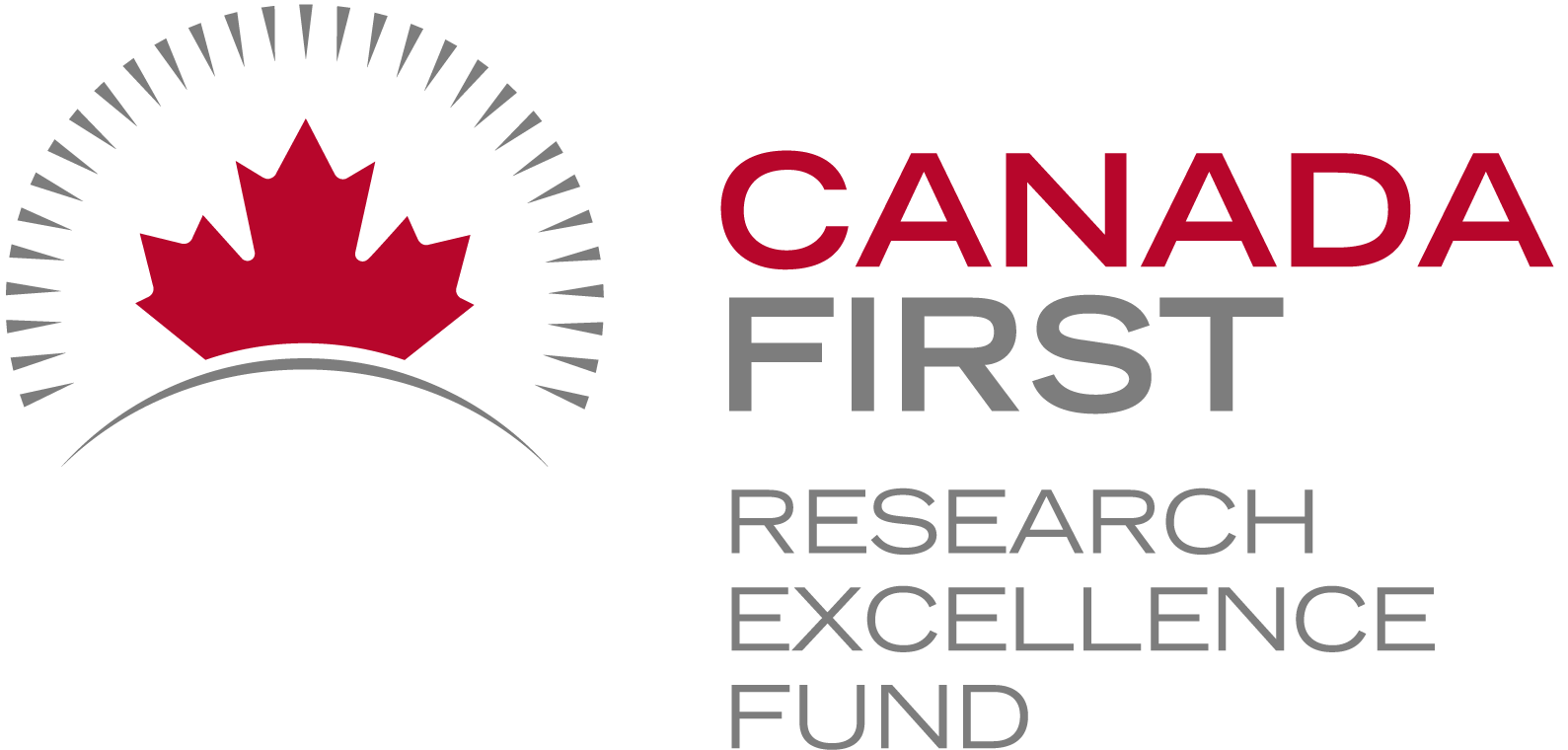Funding for Agri-food Data Canada is provided in part by the Canada First Research Excellence Fund

The food informatics (with particular emphasis on chemical fingerprinting) project team is focused to obtain additional information from the chemical fingerprint in terms of shelf-life of food products, deterioration kinetics. Identify additional parameters to determine additional accuracy.
Food Informatics Research Team is partnering with ADC to build databases for internal and public use and enable a tool to report the remaining shelf-life of a product in real-time. Additionally, data analytics from the database.
Here is the interview with Maria Corradini, where we learned more about how the Research Project Team partner with ADC to accomplish their goals.
1. What was your need when you began to work with ADC?
Prof. Maria Corradini was looking for a place to go, something simple for her data. She was also looking for something that would also enable facilities that she doesn’t currently have. She also likes that ADC gives her the accessibility to invite others to collaborate from outside the University and that she can add data streams from outside the lab.
Prof. Maria Corradini likes the ability to call data outside the lab and she sees the promise of future data integration and analytics.
Another issue Prof. Maria Corradini had was that she needed multiple types of software to analyze her lab’s results, and this was becoming a nightmare to organize and manage. She likes having data analysis, especially script-based.
2. What did you bring to ADC as part of this work?
Prof. Maria Corradini said that she brought too many datasets!
3. What are you getting back from ADC?
Prof. Maria Corradini said that she is getting back from ADC a consistent structure to organize her data around. She said ADC and the process of uploading the data force her students to think about their data and how to prepare data for the underlying platform to do data analytics etc.
Prof. Maria Corradini also appreciates the assistance from ADC to work with her data, the support and feedback has been very helpful and the different ways to think about data have been valuable. She can think about data in a more productive way. She has the capabilities to do this work, but not necessarily the time and ADC can help her speed up the process.
4. What is your expected outcome?
Prof. Maria Corradini said that she expects to have a better grip of her data, with better functionality, integration, organization, and analytics. Additional perks she is looking at is the ability to submit to a repository more easily with an identifier; to perform minimal work to prepare datasets for publication.
From scientific principles, identifiers related to a researcher’s data analysis improve the transparency of science and inspire researchers to be mindful of their work.
The organization of ADC also means that it is better than a data dump of unstructured data. ADC provides transparency and robustness to our data.
Interview conducted on October 8th, 2021 by Carly Huitema



